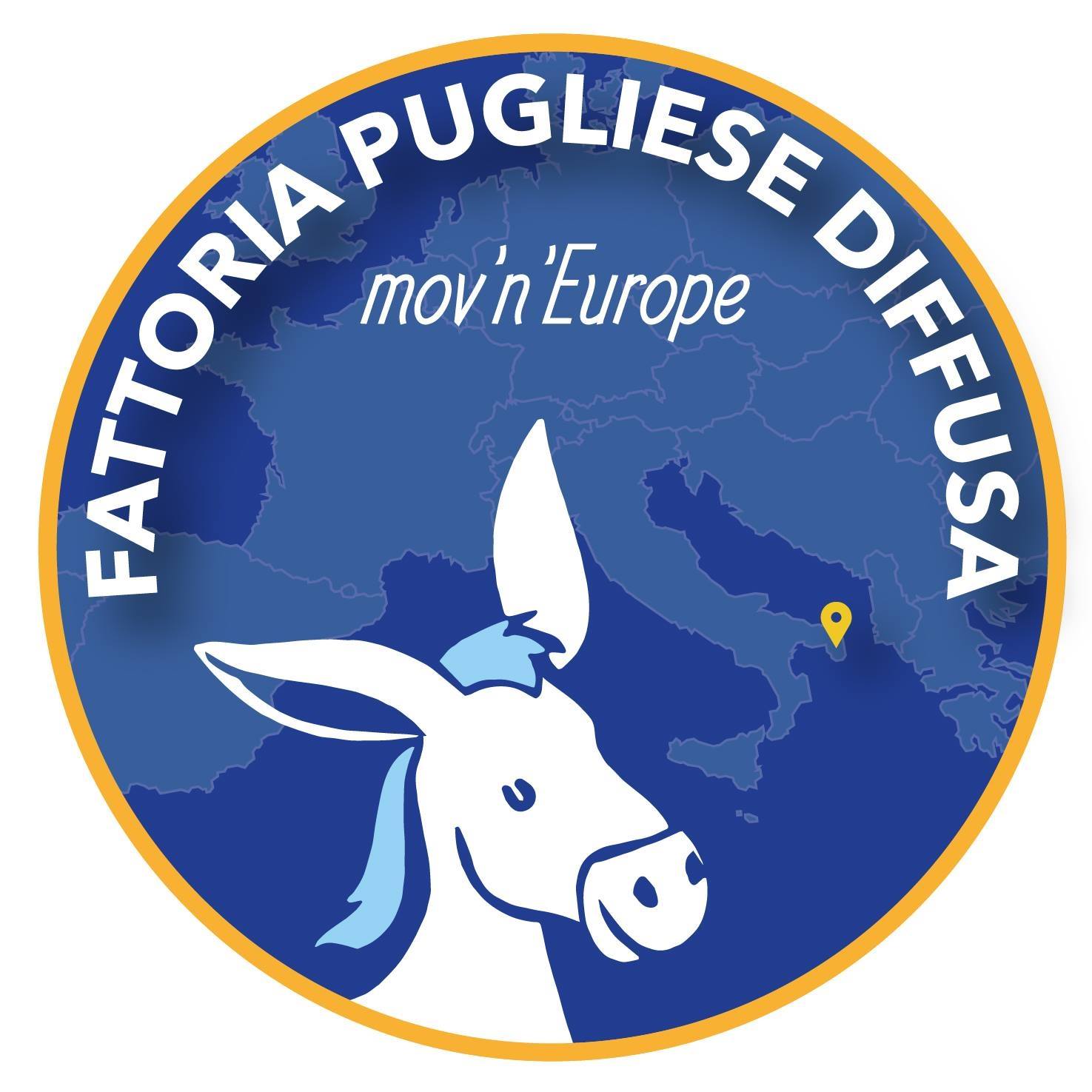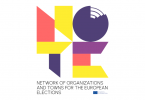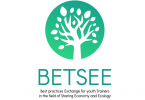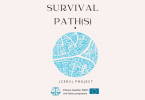ERASMUS+ Strategic Partnership in Adult Education
Start date: 01/09/2020
End date: 28/02/2023
“ERASVUS+: European opportunities for Raising Skills through Volunteering of Unengaged Seniors” is a 30 months long initiative for the exchange of practices, which involves 4 organizations from Italy, Spain and Hungary, with different socio-cultural backgrounds, all of them working for the education of the over-50s.
As the final report on Volunteering in the European Union (2018) shows that the highest number of volunteers are represented by adults aged between 30-50 y.o., the Consortium aims at investigating what happens with the over-50s. Senior citizens have a crucial role in the development of the European society, from the social, economic and cultural point of view.
They need to feel useful and their great baggage of experience is essential for the growth, in primis, of the youngest generations.
In this scenario, how can educational institutions support unengaged seniors in enhancing their soft skills and key competences in an international environment, enriching, at the same time, the sending and hosting communities? Is European Senior Volunteering the right tool to answer this question? What if the methodology foresees an intergenerational approach?
Could the young adults who had a previous EVS (European Voluntary Service) or ESC (European Solidarity Corps) experience help somehow the Institutions in developing Guidelines for designing and implementing senior volunteering projects in EU?
ERASVUS+ will answers all these questions by adopting a structured workplan, counting 3 TPMs, each of them attended by 2 staff members per partner, 5 LTTAs, and 16 Local Activities (L.A.s).
The idea is to involve young adults, who have already been EVS or ESC, in the mentoring and tutoring activities (total of 4 L.A.s) of 9 seniors per organization who will participate as volunteers to the 3 short blended mobilities in partner institutions, in an intergenerational and intercultural environment. A total of 36 over-50s will be engaged in the mobilities, together with their accompanying persons (coordinators/educators and translators), so they will be supported in the exchange of experience with senior peers and youngsters from the hosting communities.
However, the involvement of the seniors does not end with their participation to the mobilities. In order to give sustainability and a wider impact to ERASVUS+, after each LTTA, the senior volunteers will:
- organize “experience restitution” workshops (3 per partner, for a total of 12 L.A.s), so as to transfer the outcomes of their experience to the local communities
- act as mentors for the over-50s volunteers who will participate to the next blended mobility.
The direct engagement of the seniors in their sending Institutions, as mentors, is the key to ensure that the mobilities are not just spot initiatives, but, better, a starting point for a long term collaboration between the senior volunteers and their organizations, for a wider impact at personal (for continuous learning) and local level (for growth of the communities where they live).
All the experience collected after this phase, will be analyzed and elaborated and they will merge into the “ESV: European Senior Volunteering Guidelines”, a Vademecum for the designing and implementation of volunteering initiatives for the over-50s, based on an intercultural and intergenerational approach.
During the last LTTA (the 5th), 4 participants per partner will be trained on the use of the ESV Guidelines. Each of the 4 delegations will be made of 2 staff members (coordinator/educators/teachers/facilitators) and 2 senior mentors.
Based on the cooperative learning methodology, this Training Course aims also at refining the Guidelines before to officially release them through a structured dissemination campaign.
Working as recommendations, the ESV Guidelines will not only be addressed, thanks to a proper Social Media Campaign and the uploading to the EPALE and the ERASMUS+ results Platforms, to those organizations willing to use new tools and methodologies for involving the unengaged seniors in educational activities for raising their skills and competences, but they will also be addressed to relevant EU Institutions, with the hope that the importance of the European senior volunteering initiatives will be recognized and specific measures for granting and supporting these initiatives will be devised accordingly, in the near future.
Official website: www.erasmuspluswebsite.wixsite.com/erasvus
Facebook page: www.facebook.com/erasvusplus
Output: ERASVUS+ Guidelines







